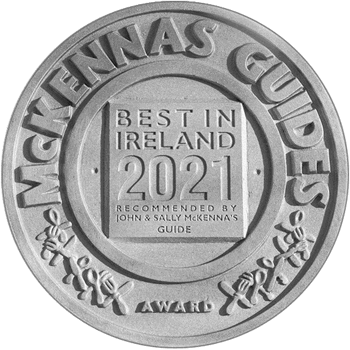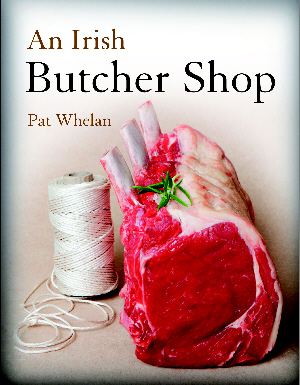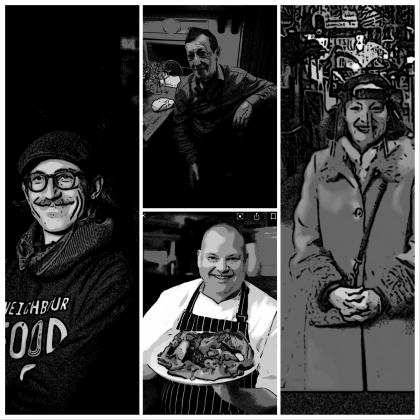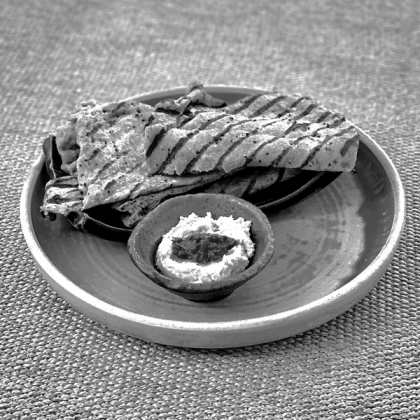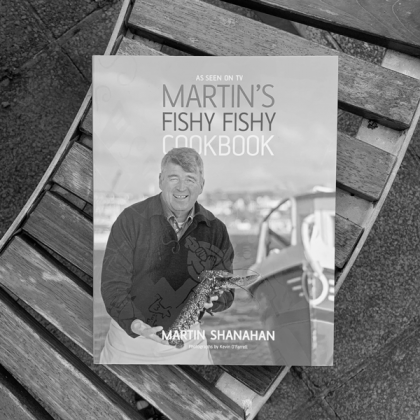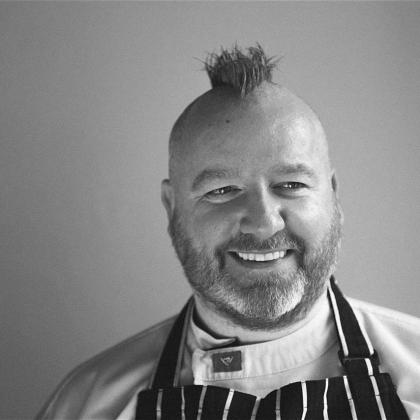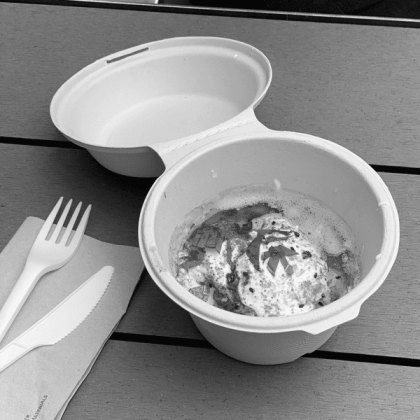Irish butchers express a curious paradox.
They have, thanks to the nature of our country and our climate, an advantage that butchers in most other countries would kill for: pasture-reared animals, bred on small farms and low hills, eating sweet grass from largely unpolluted farms, with small distances to travel to small abattoirs before slaughter. (We'll leave pork, and the big meat plant players, out of this equation for now.)
Given those circumstances, our butchers should be regarded worldwide as the finest in their global profession. That Irish beef has a good reputation is undoubted – I most recently at a bistecca Irlandaise in Venice, for example, and it was described on the menu in just such a way. But at home, too few of our butchers have truly tried to specialise in taking this natural advantage to its logical conclusion: that Ireland should be home to the best charcuterie in the world. Our butchers, with some notable exceptions, lack ambition. They are deeply wonderful, but they are general tradesmen, rather than charcuterie specialists. They could be so much better.
Pat Whelan doesn't lack ambition. He is already well-known as the man behind James Whelan Butchers of Clonmel in County Tipperary, and even before the wave of publicity for his book, “An Irish Butcher Shop”, Mr Whelan probably totted up as much column inches per year as the rest of Ireland's butchers put together. His shop is splendidly stylish, he sends out a monthly newsletter, his on-line shopping service is superbly executed, and his work with the dynamic Tipperary Top Table has been a hugely important galvanising momentum for the county's specialist food producers. He is a driven, determined bloke.
And his book is one that needed to be written, and not just for himself. The glory that is Irish beef and lamb needed to be celebrated by someone who understands it, and not just by someone who wants to export it. Mr Whelan opens his book with a discussion of how the meat he sells in his shop is reared and slaughtered and then aged, and this bit is crucial, and is usually where Irish butchers come up short: they don't age meat in the most advantageous way for epicurean success. Supermarkets, of course, don't age it at all, and sell meat that is simply going to give you a disappointing dinner. But amongst craft butchers, men and women who source their own meat locally and prepare and sell it themselves, too much meat is sold too immature.
Why should this be so? Well, the weight loss as meat ages could be one factor, of course: aged meat has less water content, and is therefore more expensive to buy. But even more than that, I think the shortfall is largely to do with a lack of epicurean appreciation. Butchers may try hard to gain a reputation for their sausages or black puddings or cured bacon, but they take the quality of their meat for granted. It's a bit like the old tourism adage in Ireland: ah sure, aren't we all good, and no tall poppies amongst us!
Pat Whelan doesn't want to be good. He wants to be the best. His collection of recipes is another step in the task of separating him from his colleagues, of driving home his USP: dry-aged Tipperary beef from his own farm. The constituency I would like to see buying his book and learning from it is actually his colleagues in the butchery profession. Mr Whelan my very well have done us a considerable public service, if his book galvanises his own trade to maximise their already considerable advantages, to envisage themselves as people capable of making reputations, earning respect, and having a role to play in Ireland's tourism sector by virtue of their stellar reputations.
As things stand, Pat Whelan and a small cohort of his colleagues are streets ahead of the butchery pack in Ireland, and “An Irish Butcher Shop” pushes Mr Whelan even further ahead. But where he leads, have no doubt that others will follow, as they learn that organoleptic knowledge and epicurean appreciation are the methods by which they will make their own reputations, and that these very qualities are what food lovers will pay for, and will happily travel any distance to discover.
